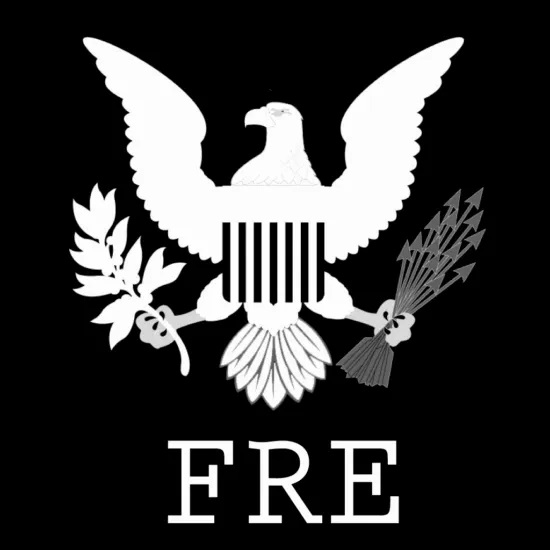Determining Factual cause
"Every man has a right to his own opinion, but no man has a right to be wrong in his facts."
― Bernard M. Baruch
Forensic engineering is the application of engineering principles and methodologies to answer questions of fact. These questions of fact are usually associated with accidents, catastrophic events, degradation of property, crimes, and various types of failures. Initially, only the end result is known (e.g., personal injury, damaged machinery, collapsed structure, or vehicle wreckage).
From this starting point, we gather evidence and apply engineering principles, knowledge, skills, and methodologies to reverse engineer how the failure occurred to answer questions of fact that may have legal ramifications.
Our forensic engineering practice employs our failure analysis and root cause process analysis services with respect to the science and engineering methodologies employed.
Forensic engineering can be either specific in scope (like failure analysis), general in scope (like root cause analysis), or it can be a blend of the two depending upon the nature of the matter in dispute.
Gordon & Gordon Engineering relies mostly upon the actual physical evidence, measurements, and traceable photo documentation found or taken at the scene and the technical verifiable facts related to the matter to establish a sound basis for analysis.
We then carefully apply accepted scientific methodologies and principles to interpret the physical evidence and facts. Often, our analysis requires the simultaneous application of several scientific disciplines.
Familiarity with codes, standards, regulations, and usual work practices is also required. This includes building codes, mechanical equipment codes, fire safety codes, electrical codes, material storage specifications, industry specifications, airworthiness regulations, product codes and specifications, installation methodologies, and various safety rules, work rules, laws, regulations, and company policies.
Our approach
Implicit in our approach is the application of logic that has been hewn through decades of engineering experience. Logic provides order and coherence to all the facts, principles, and methodologies affecting a particular case.
We will fully discuss with our client both the favorable and the unfavorable aspects of the analysis and prepare a draft report that is coordinated with our client to meet the needs of the case honestly and professionally.
In some states, engineering investigations are the sole prerogative of licensed, professional engineers. Thus, our reports are signed, dated, and can be sealed by our responsible licensed professional engineers who performed the investigation.
Notice that some consulting companies purport to provide investigative technical services, investigative consulting services, or scientific consulting services (note the lack of "engineering" in their services offered).
Their reports may be signed by persons with various initials or titles after their names. These designations have varying degrees of legal status or legitimacy as it pertains to engineering investigations depending upon the particular state or jurisdiction. Thus, it is important to know the professional status of the person who signs the report. A forensic engineering report signed by a person without the requisite professional or legally required credentials in the particular jurisdiction may lack credibility and perhaps even legal legitimacy.
Gordon & Gordon Engineering reports are credible and its engineers are all permanently licensed engineers with professional liability insurance.
Oftentimes, we are requested to review the report by the opposing expert witness. This work product is performed honestly and professionally and where disagreements occur, the focus of our criticism will be on the theoretical, factual, or logical basis for the difference. Again, we will fully discuss with our client both the favorable and the unfavorable aspects of the opposing expert's analyses.
Ethics and professionalism guide all of our business dealings and we follow the Federal Rule of Evidence Rule 702 to establish the relevance and reliability of our valuable opinion to be confidently put into action for our clients.

